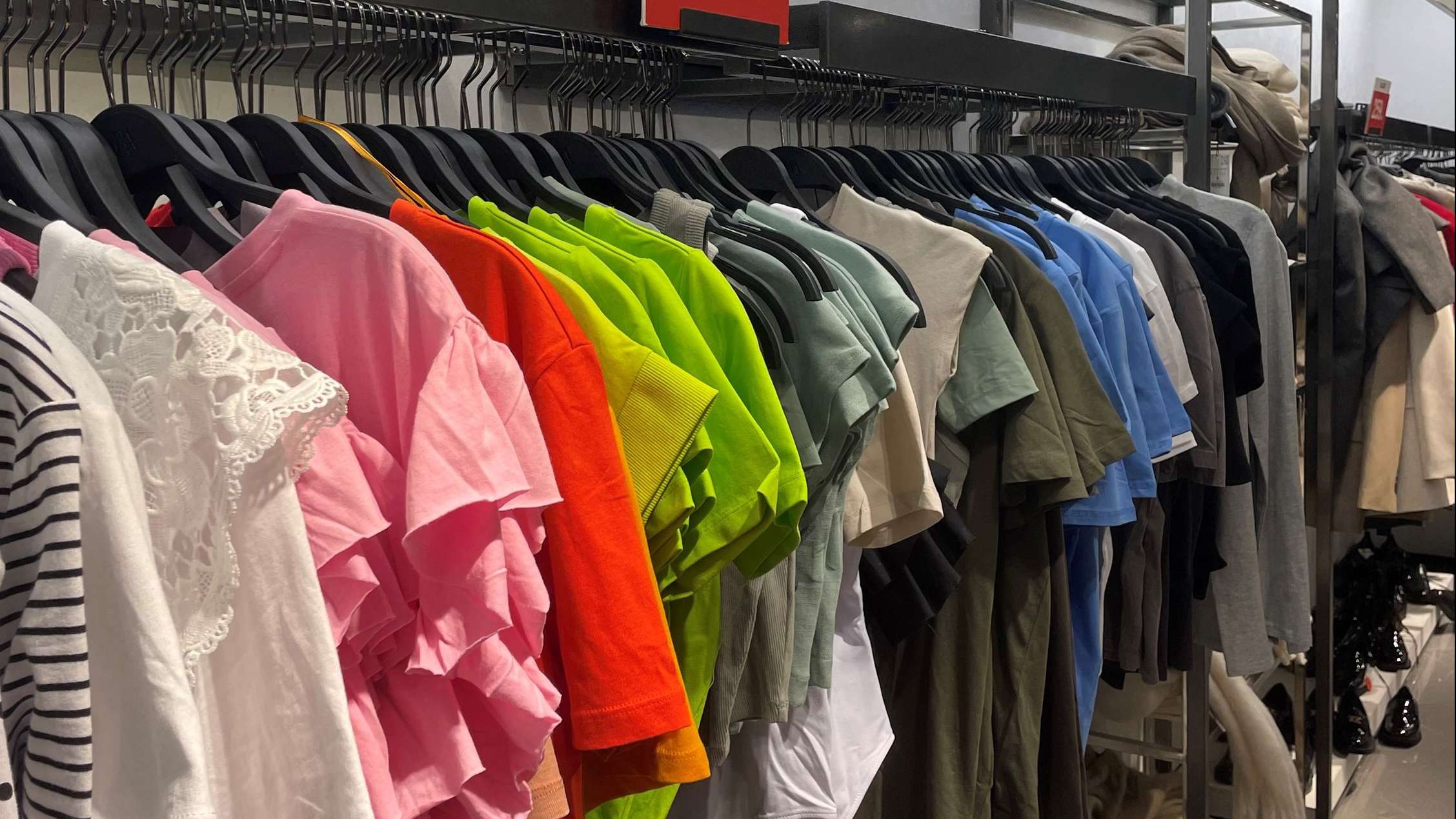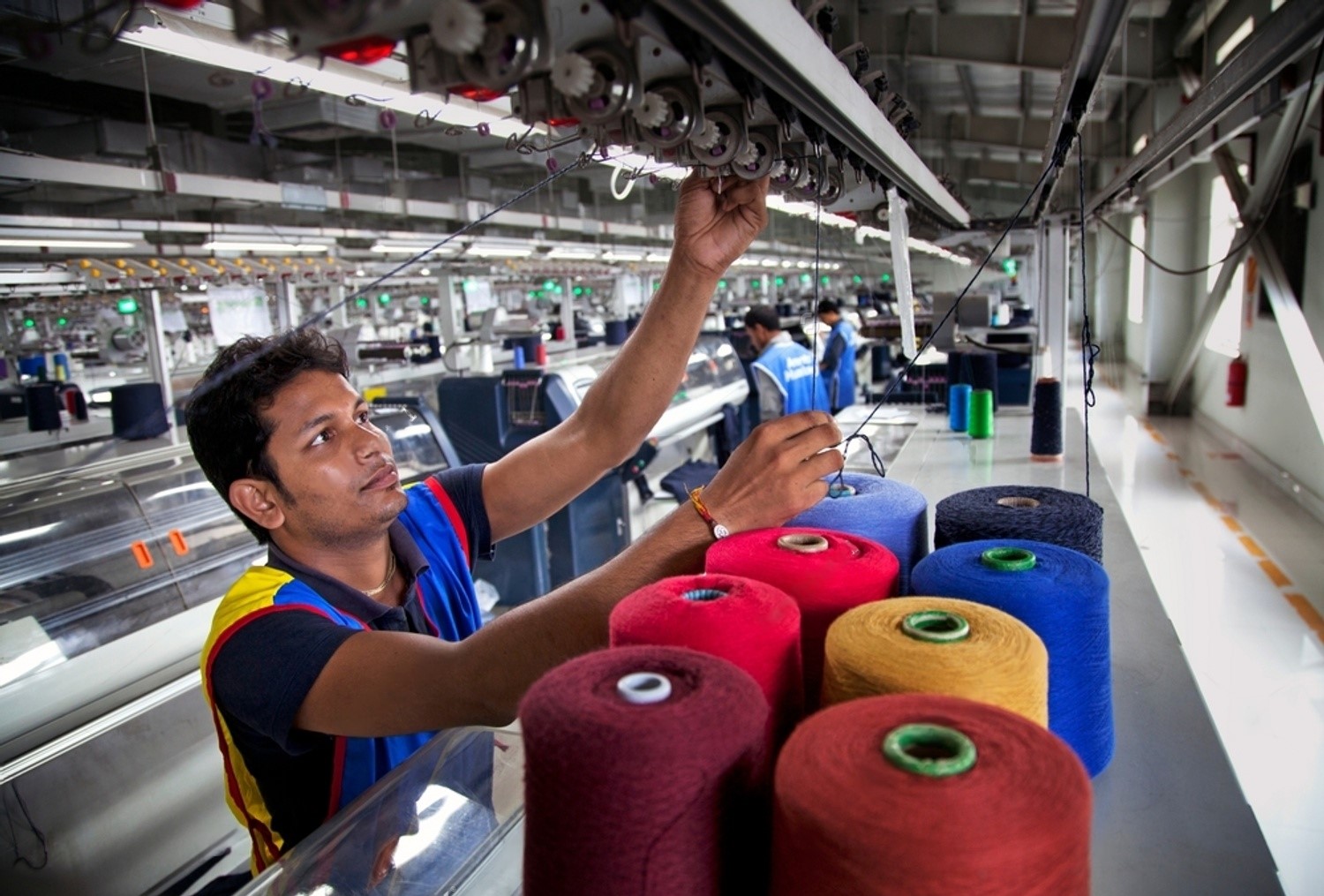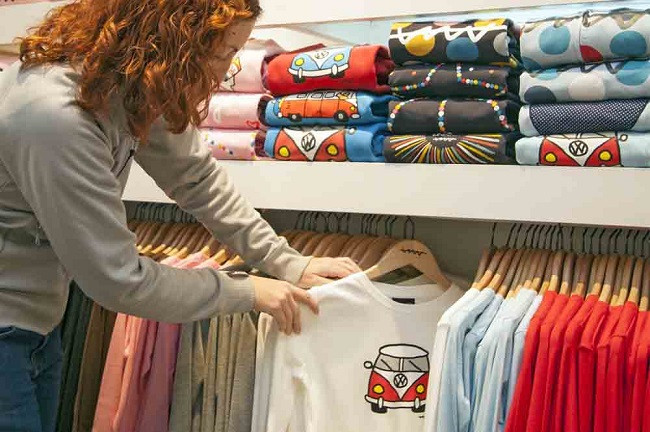Representing garment exporters, the Foreign Buyers Association of the Philippines (FOBAP), is urging the government to support the establishment of new textile factories in anticipation of increased demand once the Philippines enters a free trade agreement (FTA) with the European Union (EU).
Emphasisng on the need for swift action, Robert Young, President, FOBAP, emphasises, construction of a pilot commercial-scale wearable textile factory will help attract foreign investors.
Currently, Philippine garment exports face tariffs of up to 12 per cent due to strict rules of origin, which require a certain percentage of value-added inputs to originate from beneficiary countries under the EU’s Generalised Scheme of Preferences (GSP). Young highlights a preference for locally sourced fabric by the EU, necessitating domestic textile production.
With FTA negotiations with the EU expected to resume, Young stresses on the urgency for local textile manufacturing capabilities to meet anticipated regulatory requirements. He cautions, failure to comply could result in industry players achieving only 80 per cent of their targeted garment and apparel exports this year.
In addition, FOBAP also requests the government to formally petition the EU for permission to utilise imported materials while still qualifying for zero duties during the construction phase of such facilities.












